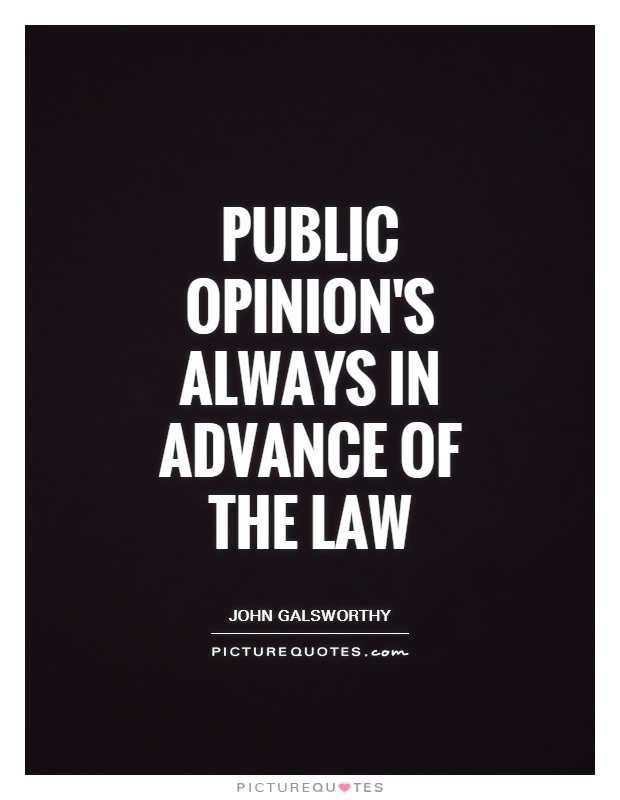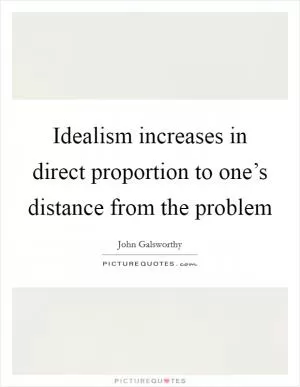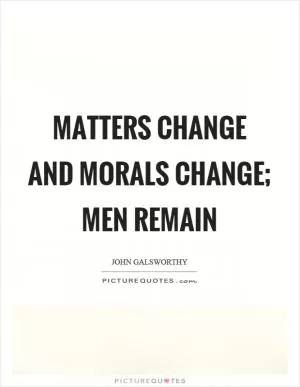Public opinion's always in advance of the law

Public opinion's always in advance of the law
John Galsworthy, a prominent British novelist and playwright, was known for his keen observations of society and its evolving norms. One of the recurring themes in his works is the idea that public opinion often precedes changes in the law. This concept is exemplified in many of his works, where characters grapple with societal expectations and the limitations imposed by outdated laws.In Galsworthy's most famous work, "The Forsyte Saga," the protagonist, Soames Forsyte, finds himself at odds with the changing attitudes towards marriage and divorce in early 20th century England. Soames, a traditionalist who values social status and propriety above all else, is unable to comprehend the shifting views on marriage and personal freedom. As public opinion begins to favor more liberal divorce laws, Soames is left behind, clinging to outdated beliefs and struggling to adapt to the changing world around him.
Similarly, in Galsworthy's play "Justice," the protagonist, William Falder, is a young man who is unjustly imprisoned for forgery. The play explores the flaws in the legal system and the ways in which societal attitudes towards crime and punishment can be out of touch with reality. As Falder's case gains public attention, there is a growing outcry for reform of the justice system, highlighting the disconnect between public opinion and the law.
Galsworthy's works serve as a reflection of the tensions between tradition and progress, and the ways in which public opinion can shape the course of legal reform. His characters often serve as mouthpieces for the changing attitudes of society, challenging the status quo and pushing for a more just and equitable legal system.












 Friendship Quotes
Friendship Quotes Love Quotes
Love Quotes Life Quotes
Life Quotes Funny Quotes
Funny Quotes Motivational Quotes
Motivational Quotes Inspirational Quotes
Inspirational Quotes